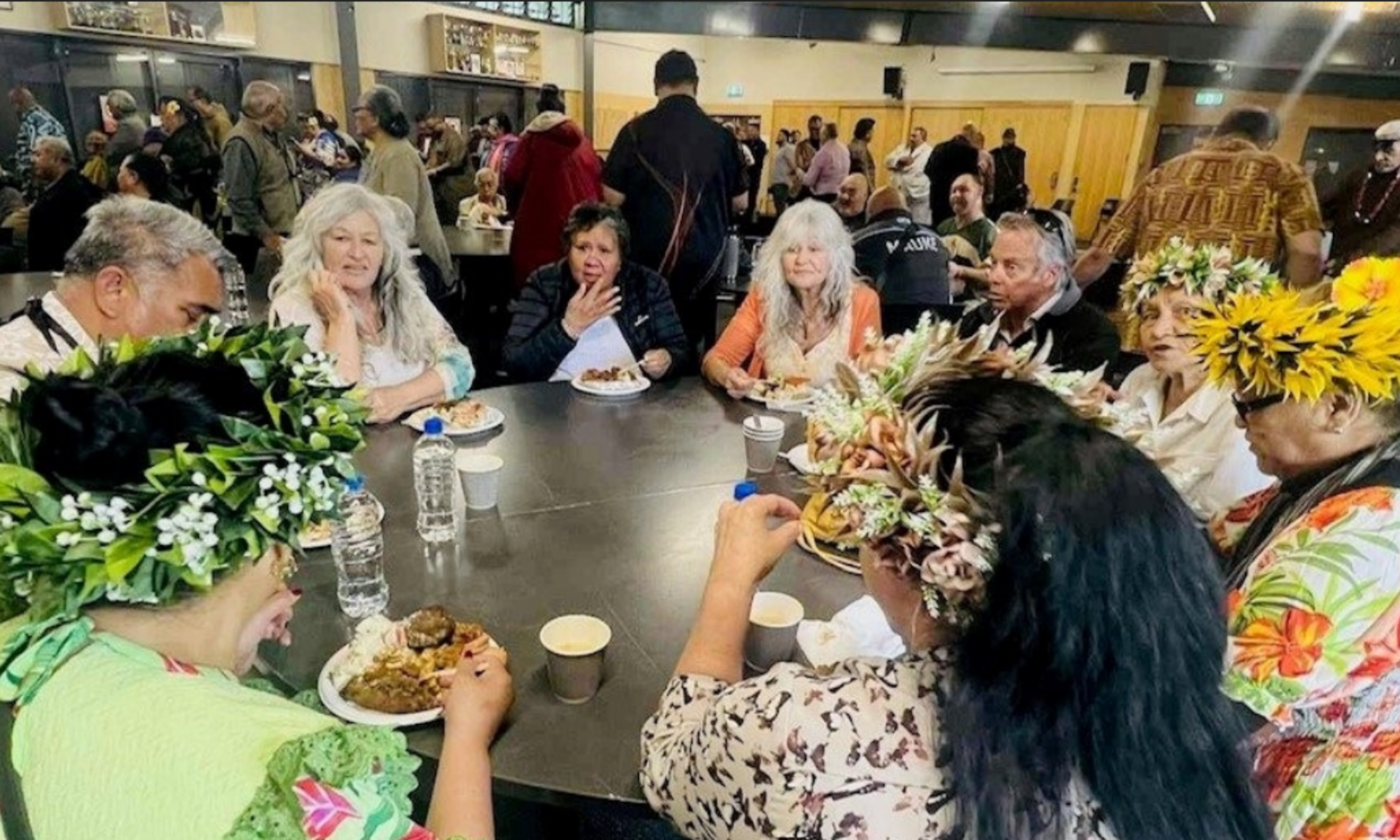

Ralph John Regenvanu is a Ni-Vanuatu anthropologist, artist and politician. He has been a Member of Parliament since September 2008.
Photo/Supplied
Vanuatu leads charge for world’s largest Indigenous-led marine reserve at UN summit
The initiative will cover over six million square kilometres and aims to protect ocean biodiversity.

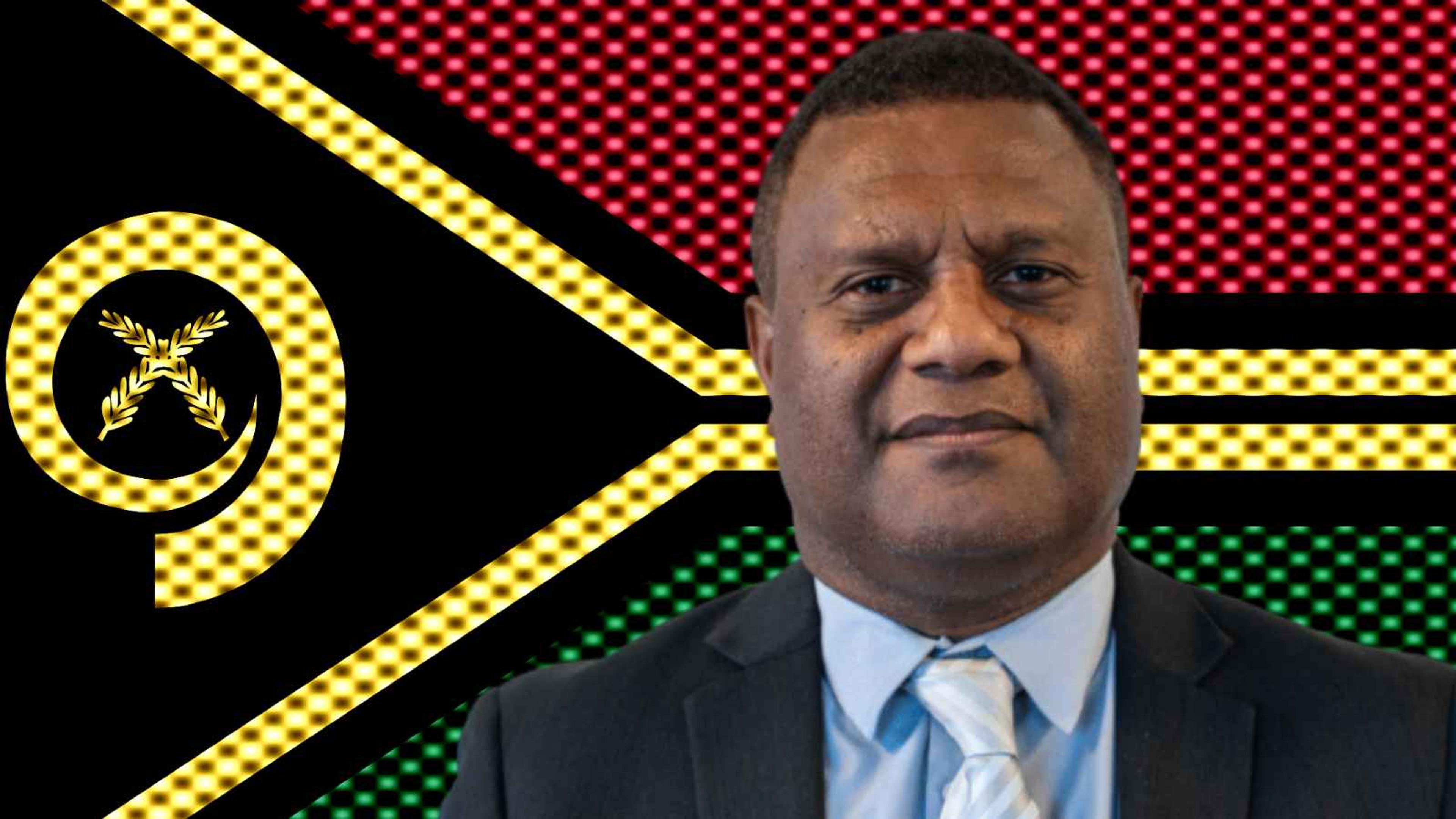
Blacklisting squeeze hits Vanuatu families and businesses, the regulator VFSC warns

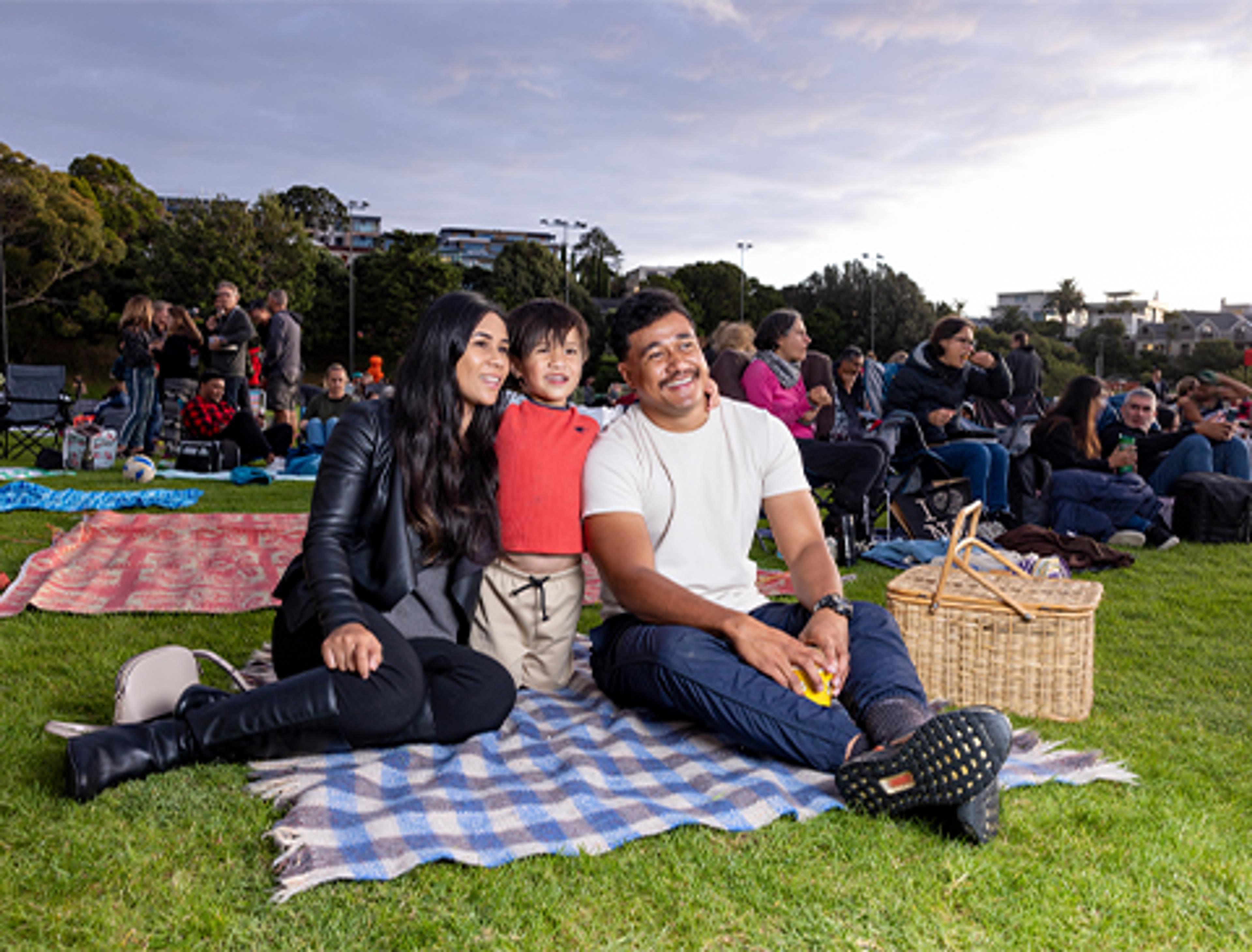
Pack your tissues: Free movies return with Tinā set for South Auckland

Manurewa charity requests $30,000 to keep Pacific seniors monthly gatherings

Blacklisting squeeze hits Vanuatu families and businesses, the regulator VFSC warns


Pack your tissues: Free movies return with Tinā set for South Auckland
Vanuatu’s Climate Change Minister, Ralph Regenvanu, is urging Pacific nations to support a vast cross-border marine sanctuary that could cover over six million square kilometres.
He hopes the Melanesian Ocean Reserve will be a model for other indigenous-led trans-boundary ocean reserves.
Speaking to PMN News from the United Nations Ocean Conference (UNOC) in Nice, France, Regenvanu hopes that neighbouring Melanesian countries will join the initiative to establish the world’s largest indigenous-led marine conservation area.
When completed, it will span at least as extensive an area as the Amazon rainforest, encompassing the national waters of the Solomon Islands, Vanuatu, and Papua New Guinea, while connecting with the protected waters of New Caledonia’s Exclusive Economic Zone.
“We set up these mechanisms for working across countries so that we can treat the biodiversity of the oceans as a continuous thing that's not broken up by our national borders,” Regenvanu says.
“That's basically the intention, and we are now going to work on implementing arrangements for this intention to create this large trans-boundary marine park covering four countries.”
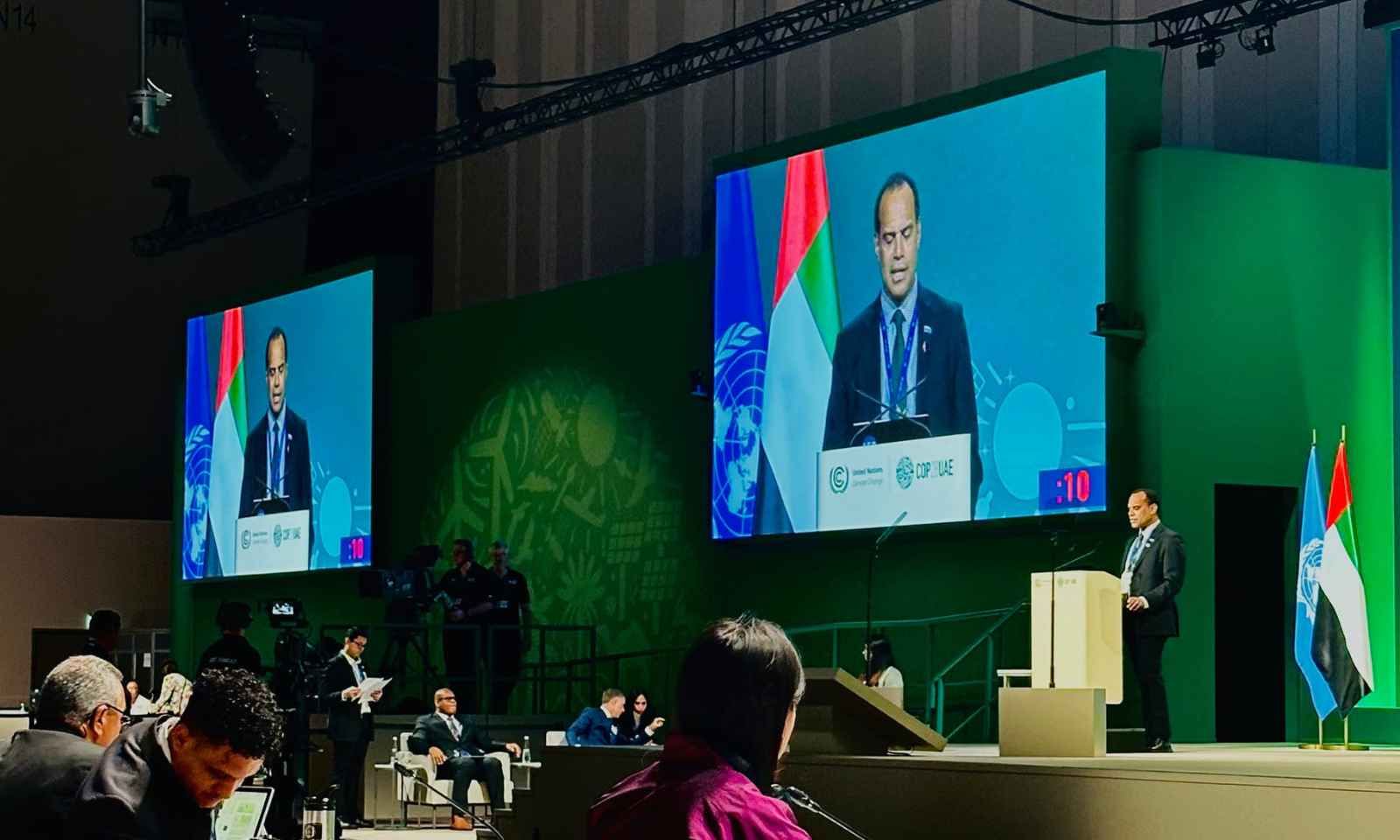
Regenvanu speaks at COP28 in Dubair 2023. Photo/Supplied
The Melanesian Ocean Reserve is a collaborative project that initially involves Vanuatu and the Solomon Islands, with expected participation from New Caledonia and Papua New Guinea.
Regenavanu says Vanuatu and the Solomon Islands are working closely to finalise their national endorsements by September, with an official declaration planned for the Pacific Islands Forum.
While reflecting on the UNOC, he highlighted the growing international momentum to halt deep-sea mining, noting the Solomon Islands' recent decision to impose a moratorium on deep-sea mining within its waters.
“There's been a very good presence from the Pacific. In fact, we've been one of the most prominent groups here at the United Nations Conference,” Regenvanu says.
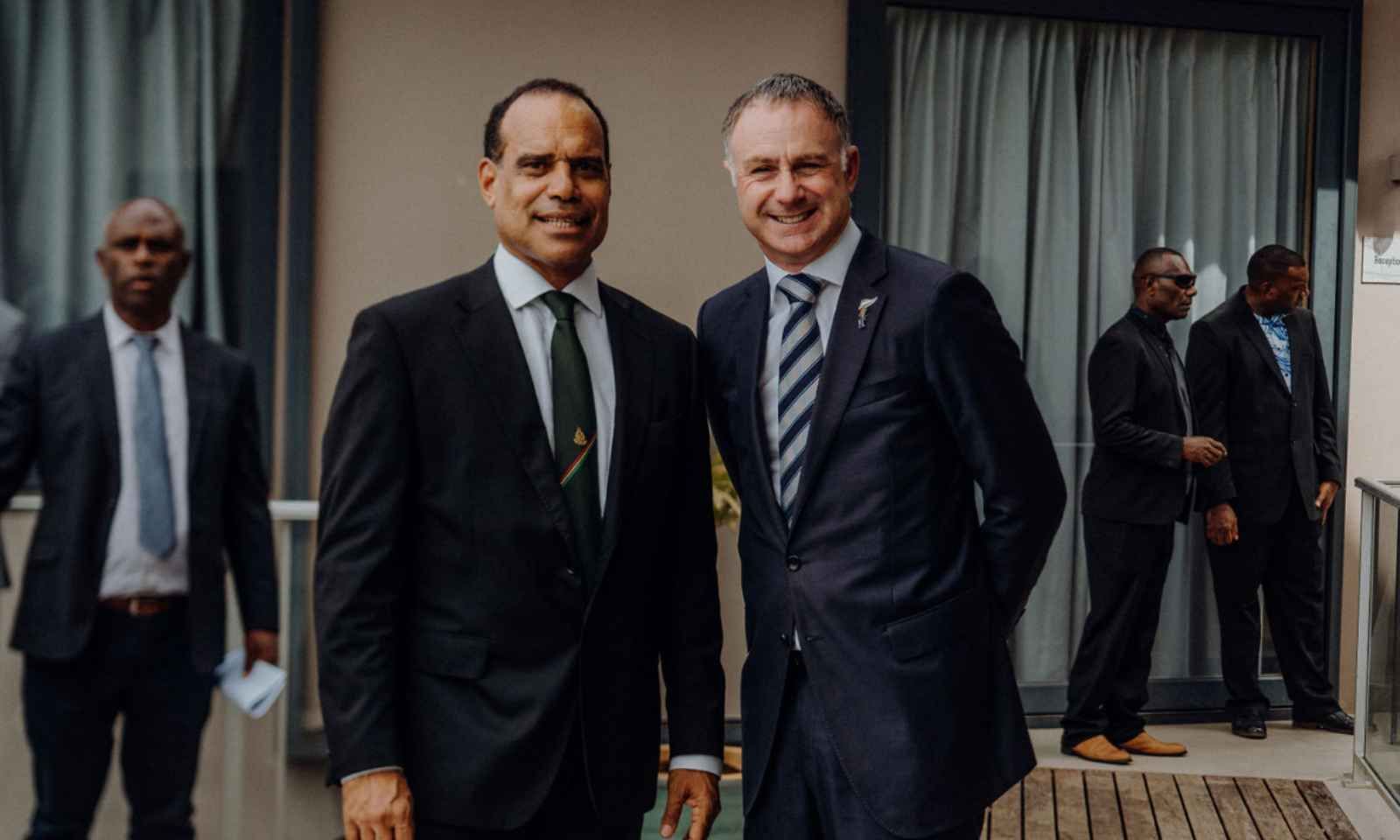
Regenvanu and NZ Climate Change Minister Simon Watts. Photo/PMN News/Joseph Safiti
“We've seen some positive developments, like six Pacific Island countries depositing their instruments of ratification to the Biodiversity Beyond National Jurisdictions (BBNJ) Agreement and altogether over 20 countries depositing the instruments of ratification.
“So that agreement will come into effect probably this year.”
The BBNJ Agreement, adopted in 2023, is the first legally-binding global agreement to protect marine biodiversity in ocean areas beyond any country’s national jurisdiction.
Listen to Regenvanu's full interview here
Regenvanu encourages active civic participation, saying, “You've got to fight for your future. So you've got to be involved. You've got to vote in elections.
“You've got to vote for candidates who will stand for climate action and justice.
“You've got to be involved in community activities that build resilience… Then you’re doing something and you’ll be on the right side of history.”